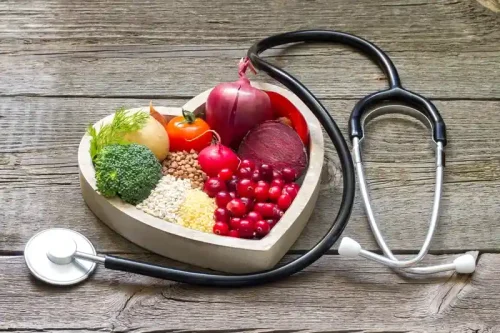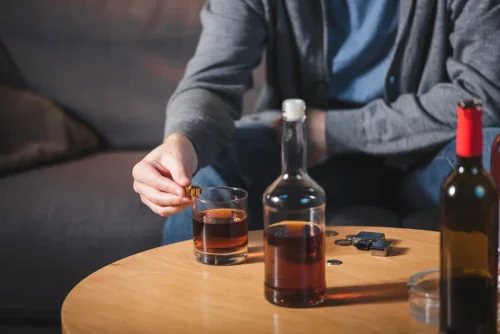
The more you drink, and the closer your drinking is to bedtime, the more it will negatively impact your sleep. Even moderate amounts of alcohol in your system at bedtime alters sleep architecture—the natural flow of sleep through different stages. It also leads to lighter, more restless sleep as the night wears on, diminished sleep quality, and next-day fatigue. While the sedative effect of alcohol initially might help us fall asleep, as little as one drink too close to bedtime can wreak havoc on both the quality and quantity of your sleep. Alcohol interferes with our sleep stages, especially REM sleep, the restorative part of our sleep cycle.
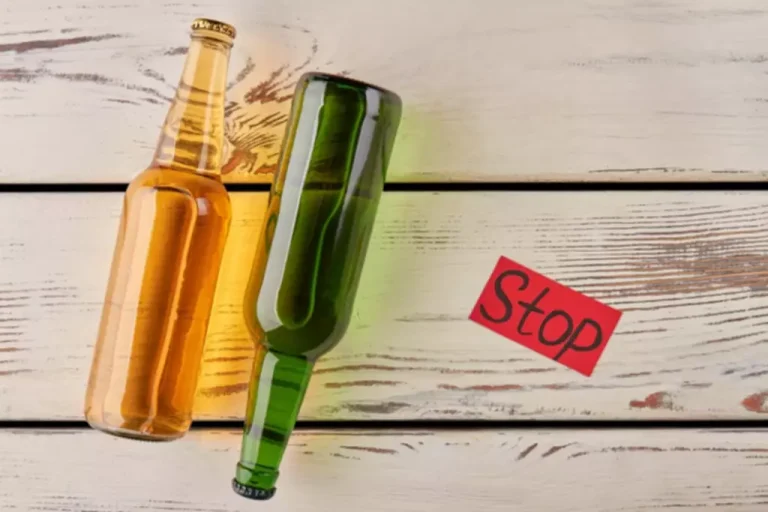
What you can do if your sleep is impacted

The effects both can happen right away and develop over the long-term. Alcohol also affects people with central sleep apnea (CSA), which occurs when the brain periodically can alcohol help you sleep stops sending certain signals involved in breathing. Alcohol interferes with the brain’s ability to receive chemical messages involved in breathing, which decreases the body’s respiratory drive and increases the likelihood of pauses in breathing.
Does Using a CPAP Affect the Impact of Alcohol on Obstructive Sleep Apnea?
- The ability to fall asleep naturally often improves, and staying asleep throughout the night becomes easier.
- If you do choose to drink, do so moderately and not close to bedtime so your body has time to metabolize the alcohol before you go to sleep.
- But the truth is, drinking regularly—even moderate drinking—is much more likely to interfere with your sleep than to assist it.
- However, it’s important to note that even these moderate amounts can still impact sleep quality.
The circadian rhythm is responsible for keeping the body anchored to a 24-hour cycle. As part of this 24-hour cycle, the body releases a hormone called melatonin to prepare us for sleep in the evening. Older studies have found that drinking alcohol before bedtime lowers melatonin levels and interferes with core body temperatures, which in turn impacts sleep quality. Of course, good drinking and sleeping habits alone won’t be successful https://ecosoberhouse.com/ in treating sleep apnea symptoms as the disorder is a serious medical condition that requires proper treatment. One treatment available is an oral appliance, which looks similar to a retainer or mouthguard and props the jaw forward during sleep, allowing for better airflow. Before we look at the effects of alcohol on sleep in detail, here’s the basic bottom line.
Can a glass of wine help me sleep better?
- In the early part of the night, alcohol tends to increase deep sleep (N3 stage) while reducing REM sleep.
- Not drinking at all, for at least a month, is the best way to see how alcohol is affecting your life, and to decide whether it’s worth it.
- However, alcohol and melatonin both slow down activity in the central nervous system, so it’s logical to presume that taking them together may be unsafe.
- Alcohol causes the muscles in the mouth and throat to relax, which makes these tissues susceptible to fluttering and making noise as a person breathes in and out.
- Many individuals find that a drink or two helps them feel more relaxed and fall asleep more quickly.
- The first stage of sleep, also known as light sleep, is the short transition period between wakefulness and sleep.
- The gut and its microbiome are often referred to as the body’s second brain, and operate under powerful circadian rhythm activity.
Animal data indicate that administration of GABAergic antagonists lead toincreased REM (Sanford et al. 2003; Xi, Morales, and Chase 2001, 1999). In a larger study, Colrain et al. (2009)studied 42 abstinent long-term alcoholics (27 men) and 42 controls (19 men). As in theprevious study (Nicholas et al. 2002), alcoholicswere significantly less likely to produce K-complexes than controls. P2 amplitude was,however, smaller in alcoholics than controls with the difference being largest at Cz,where the component was maximal, but smaller at other sites (see Figure 5).
- When consumed, alcohol acts as a central nervous system depressant, which can initially promote feelings of relaxation and drowsiness.
- Without treatment, sleep apnoea can lead to type 2 diabetes, depression, high blood pressure and increase your chance of having a stroke.
- With extended use of alcohol over time, there can be long-term concerns, too.
- Some individuals may still experience occasional sleep disturbances or hangover anxiety, especially if they’re dealing with other stressors or adjusting to new sleep routines.
- While red wine may not actually help you sleep, giving up alcohol altogether can lead to significant improvements in sleep quality and overall health.
- Those effects of alcohol on the biological clock appear to persist even without additional drinking, according to research.
Circadian Rhythm Disruption
While heavy alcohol use can trigger insomnia, the opposite is also true. People with insomnia have an increased risk of developing alcohol use disorder, potentially because many individuals turn to alcohol as a sleep aid. If Sober living house you are one of the nearly two thirds of Americans who drink alcohol, chances are, you’ve had a drink in the hours before bedtime. Maybe you enjoy a glass of beer or wine after dinner, or your weekends include drinking with friends at bars or social events.
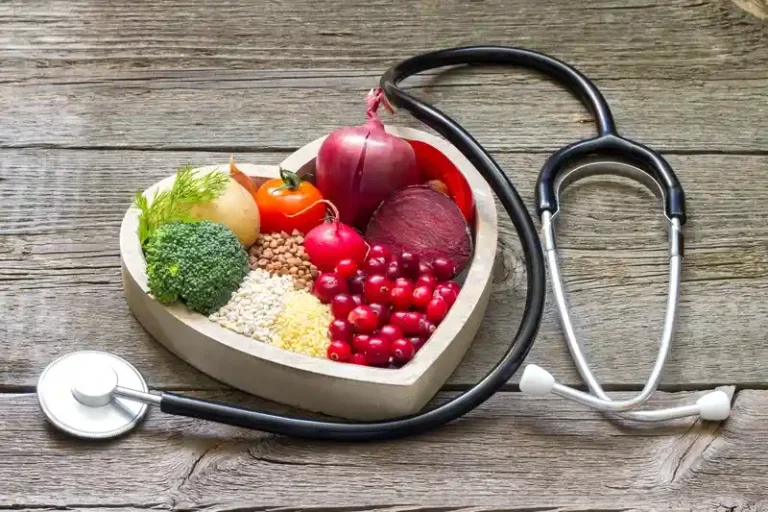
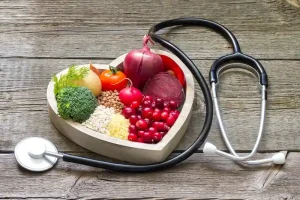
Some people may assume alcohol is helpful for sleep, since it has a relaxing, soporific effect. Consuming alcohol can help a person fall asleep because alcohol is a depressant. As alcohol enters the bloodstream, it introduces chloride ions to neurons, slowing the neurons’ firing. However, people tend to quickly develop a tolerance to alcohol’s sedative effects, so if you drink regularly, you may not feel sleepy unless you drink to excess. In the short term, these alterations to our sleep pattern can lead to a restless second half of the night. In the long term, frequent disruptions to our natural sleep cycle may alter the homeostatic drive in a more permanent way.
